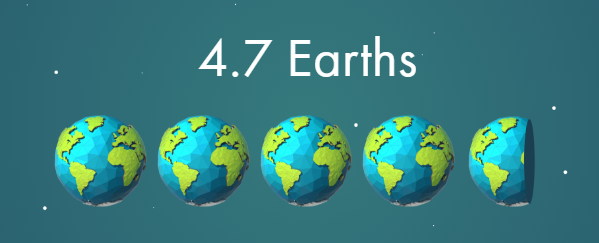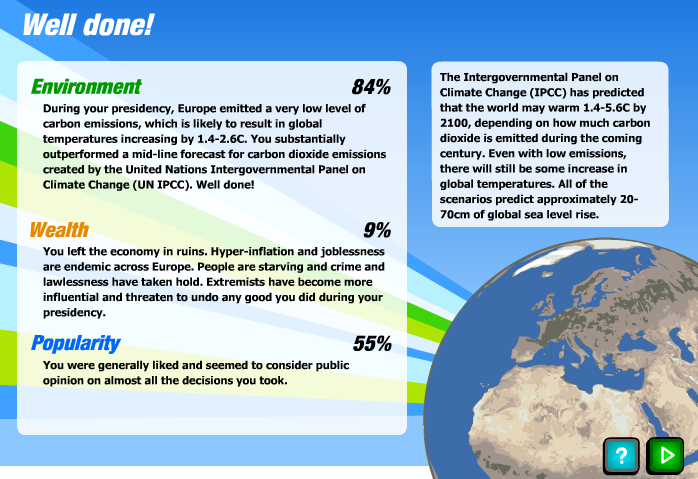Blogs
Ecological Footprint Calculator-
1. What part of your ecological footprint most surprised you?
When completing the ecological footprint calculator, I was most surprised by the amount of Planet Earth’s that would be needed to sustain my footprint. The quiz said that I would need 4.7 Earths to be maintainable. Also, I was surprised by the 13.2 tonnes of carbon I would emit.
2. How did your footprint compare to your city’s average and your country’s average?
When compared to the average Australian’s amount of Earth’s needed to sustain their footprint, I was considered lower than average. The average Australian required 5.2 whereas I only used 4.7 Earths.
3. What parts of your footprint do you feel is possible to reduce? What parts don’t?
I definitely believe I could reduce my carbon footprint and emissions by using more eco-friendly means of transportation, however I don’t think I could decrease my use of goods and services because I rely on them to heavily.
Climate Challenge-
1. What strategy did you take in Climate Challenge? Was it effective in reducing emissions?
During the Climate Challenge, I mainly focused on reducing the carbon emissions, and it was extremely effective. I met all carbon emission goals during the challenge and by the end had average popularity. However, I had left the economy in ruins and had very poor wealth in the country. I should’ve devoted some time to gaining resources as well as reducing carbon.
2. What did you think of how the strategy cards represented resources? Do you think some of the strategies/policies would have different impacts than the ones shown in the game?
The strategy cards used for the game were thought provoking, when combined with the resource management. Cards like ‘host the Olympics’ clearly showed the high finances associated with such an event but also showed the large boost in popularity. The impacts of the different cards seemed to be thoroughly thought out, however I didn’t understand how some of the carbon emissions worked. So, further research into carbon emissions could be conducted.
3. How did you approach international negotiations? Was it better to lead by example, or attempt to encourage other nations by investing in their green economies?
Initially, during the early stages, it was smart to subsidise with other nations however, eventually the popularity with all countries grew so you could just lead by example. As the popularity grew all countries agreed with the lowering carbon emission goal without needing to be subsided.
Water Footprint Calculator-
This tool allows students to calculate their water footprint, based on their lifestyle and the part of the world they live in. Tell students to pick a city that is comparable to theirs (only a few cities are included).
1. Where you surprised by how much water you consumed?
Yes, I was surprised by how much water I used and I would like to reduce my consumption in the future.
2. How did your footprint compare to your country’s and the world's average? (You will need to research this.)
My water footprint was around Australia’s average but higher than the world’s average.
3. What parts of your footprint do you feel is possible to reduce? What parts don’t?
Do some research on a water-based conflict in your country. Which communities have access to water, which ones don’t, and who controls the resource use?
I feel I could use less water in my household. However, our community has good access to water.
Post comment
1 Comment(s)
Hi Rhys,
It can be hard to look at our own footprint and imagine ways to reduce it, especially when we have grown accustom to a particular way of life. What have you learned regarding how you would talk to people about climate change now knowing how difficult it is to make substantial changes to your life? What can we ask of individual people that they will be able to do without significantly changing their life? And will that be enough to impact climate change?



UalbertaKendra
Oct 6, 2017